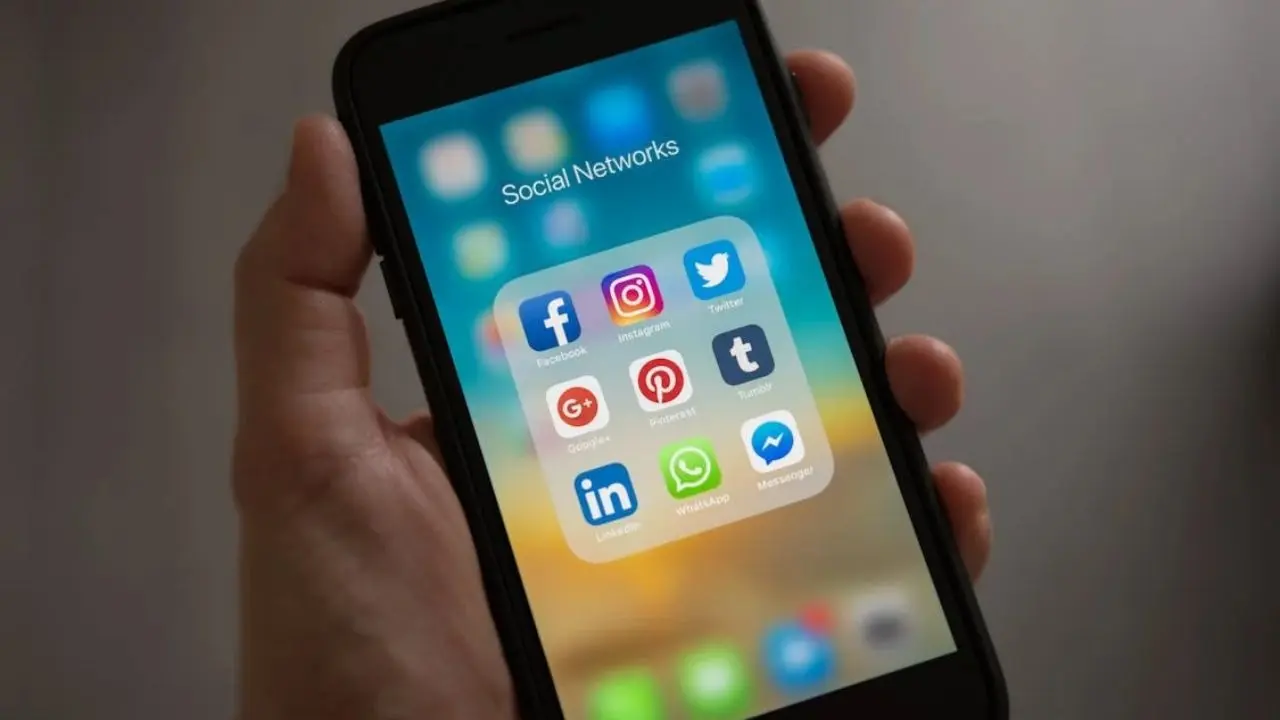Updated 27 November 2024 at 16:14 IST
Social Media Laws: How the World Has Tightened Norms
India may be planning to regulate social media content, but before that happens, here is how other countries restrict different platforms.
- Tech News
- 4 min read

The Indian government has called for more stringent social media laws to regulate the content at the second sitting of the Parliament's Winter Session. Union Minister Ashwini Vaishnaw urged the Parliamentary Standing Committee to pay attention to the kind of content that is available on social media and come up with a regulation to curb vulgar content. Vaishnaw's statement in the Lok Sabha comes hours after the Australian Parliament inched closer to passing the landmark regulation to ban social media for kids under 16. However stricter Australia's upcoming laws may be, it is not the first country to regulate social media. So, how do other countries regulate social media?
Australia
Touted as the world's strictest laws, Australia's upcoming regulations for social media are aimed at preventing users below 16 from accessing platforms such as ByteDance's TikTok, Google's YouTube, and Meta's Facebook and Instagram. Urging parents in Australia to cooperate with the law enactment, Australian Prime Minister Anthony Albanese said, "We're making 16 years old the minimum age for social media. Too often, social media isn't social at all. And we all know that. The truth is, it's doing harm to our children. And I'm calling time on it."
The Senate's House of Representatives has passed the bill to ban social media for kids, and a debate on the bill later this week will pave the way for it to become a law by the end of the parliamentary year. The development comes weeks after Albanese announced the government's plans. Leading social media platforms such as Google and Meta, however, have urged the government to delay the bill, citing the lack of clarity and consultation on a law that could potentially harm their businesses. Australia will implement a new age-verification system to block any user below 16 from accessing social media, even with parental consent.
Advertisement
The United Kingdom
While the UK has time and again instructed social media platforms to exercise self-censorship to curb the exposure of kids to unlawful and objectionable content, it has since drawn inspiration from Australia's upcoming laws. The UK government said they are closely watching what happens in Australia after the regulation and could be open to following suit if the need be. This could mean a law in the UK to ban social media for kids is imminent.
France
While Australia's social media law categorically ban kids under 16, French laws do not go as far. In France, kids under 15 cannot create a social media account -- unless they have their parent's permission. According to the French government, parental consent for accessing social media platforms has to be legally documented by both the kid and the parent. However, research has shown kids have managed to circumvent the restrictions simply by using a VPN.
Advertisement
United Arab Emirates
The UAE has one of the strictest cybercrime laws, which criminalise users for criticising the government on social media. The laws also include penalties, including imprisonment and deportation for expatriates, for spreading rumours, misinformation, and content that is deemed offensive to Islamic values. While users are free to use social media platforms, they cannot access WhatsApp, Skype, and Apple's FaceTime.
Russia
The Kremlin has put prohibitions on several platforms to operate in Russia. The platforms that are allowed to offer their services in the country must store user data within the country. They must also delete and remove content that the Kremlin deems illegal or offensive, and failing to do so could result in their departure from the country.
Turkey
The Turkish government recently introduced legislation for stricter censorship of social media content. Posts on platforms such as Facebook, X (formerly Twitter), and YouTube are under heavy scrutiny, with the government having mandated localisation of user data storage.
China
One of the strictest social media laws exists in China under the larger 'Great Firewall' umbrella. The country has blocked leading platforms such as Facebook, X, YouTube, and Instagram on the entire network. But their local alternatives such as WeChat and Weibo are popular among citizens. However, citizens often resort to using VPNs to access blocked websites and platforms, even though doing so comes with heavy penalties, including imprisonment.
North Korea
With a complete internet lockdown, North Korea does not allow its citizens to access any websites. While some elite groups and government officials have access to the internet, they are under constant surveillance. North Korean citizens are permitted to access certain websites that are maintained by the government.
Published By : Shubham Verma
Published On: 27 November 2024 at 16:14 IST
